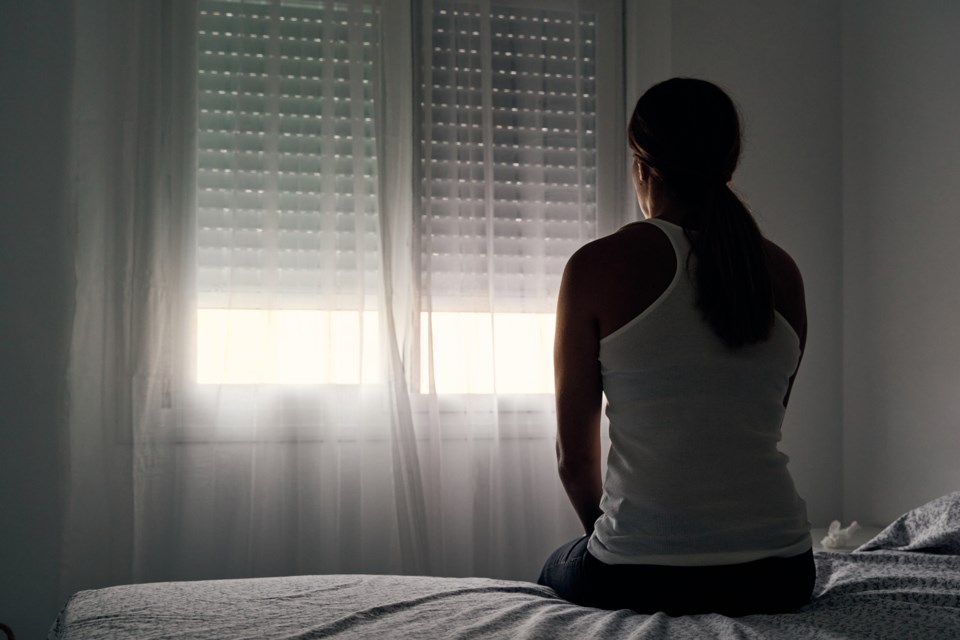The province has announced that the funding set aside to secure 75 new residential mental health beds has been able to support an additional two beds in Saskatoon.
The 2019-2020 provincial budget announced in March 2019 promised 75 new beds to be located in Regina, Saskatoon, Prince Albert, and North Battleford. That number has now increased by two in Saskatoon, for a total of 77.
Residential mental health beds are a crucial step in treating severe and persistent mental health needs. People experiencing an acute mental health crisis are treated in hospital acute psychiatric wards. However, there is usually a waiting list for those beds. In addition, many patients stay in acute care longer than the time that has been allotted.
Once patients have been discharged, with their crisis resolved at least temporarily, they might have nowhere to go. Some end up back in the situation that sparked a crisis in the first place. Others, whose challenges are chronic and persistent, go back to being homeless – and quickly become critical once more.
The burden of this overflow of need is shouldered by emergency rooms, police cells, and shelters – none of which have the time, equipment, or training to deal with acute psychiatric crises.
Community-based organizations (CBOs) step into the gap with residential mental health beds.
“Residential beds are an important support for people experiencing mental health challenges that allow them to continue living in the community and to their fullest potential,” Mental Health and Addictions minister Everett Hindley said.
In Moose Jaw, 16 residential mental health beds are provided by Wakamow Place. Four are classified as intensive, 12 as less intensive. Thunder Creek Rehabilitation Association, which operates Wakamow Place, follows principles of Recovery and Housing First.
Recovery and housing first principles mean that Wakamow Place focuses on providing safe, calm spaces to recover before they focus on treating underlying issues. Chad Topp, executive director of Thunder Creek Rehabilitation Association, explained to MooseJawToday.com that a person without reliable housing, or who doesn’t know where their next meal is coming from, cannot reasonably be helped to overcome an addiction or find a sustainable path through mental illness. Food and shelter must come first.
Moose Jaw did not receive any additional funding as part of the 2019-2020 provincial commitment. The additional beds in the province have been added through funding of CBOs in the following communities:
- Phoenix Residential Society in Regina provides 10 intensive and 15 less-intensive residential mental health beds.
- In Saskatoon, Lighthouse Supported Living provides five intensive and 20 less intensive beds. Crisis Intervention Service/Saskatchewan Native Rental provides five intensive mental health beds. YWCA Saskatoon provides four less-intensive beds.
- Edwards Residential Society in North Battleford provides eight less-intensive residential mental health beds.
- YWCA Prince Albert’s residential mental health beds are not yet operational. Six intensive and four less-intensive beds are planned to be ready in March 2022.
“People living with and recovering from mental illness sometimes experience housing insecurity that is a barrier to their recovery,” Colleen Quinlan, Saskatchewan Health Authority’s Executive Director of Mental Health and Addictions – Urban said. “The organizations providing these supported-living arrangements are welcoming and understand the challenges people living with a severe mental illness face. They can support individuals as they focus on recovery goals that maintain optimal living, and help them work through barriers that challenge their stability.”




